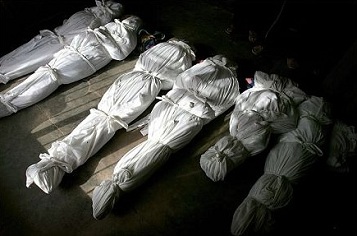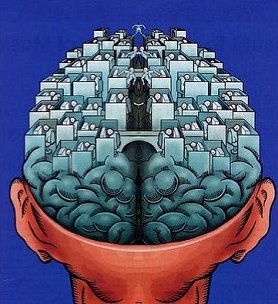WikiLeaks analysis suggests hundreds of thousands of unrecorded Iraqi deaths
Les Roberts
The Ugly Truth

Imagine that the New York Times revealed that five Senators were known to be taking bribes from a particular corporation. Some days later the Washington Post runs a story saying they had independent sources suggesting that four Senators were taking bribes from that same corporation but goes on to state that this was nothing new as the story was already covered, neglecting to mention that three of the four names were different than those previously reported by the Times. This is hard to imagine because eight named Senators in a scandal is not the same as five named Senators, and because healthy competition between papers would tend to point out the information missed by a rival. Yet, this is, at least numerically, what happened following the October 22nd, 2010 release of the Iraq War Logs by WikiLeaks.
The release which supposedly included over 391,000 classified DoD reports described violent events after 2003 including 109,000 deaths, the majority (66,000) being Iraqi civilians. At the time of the release, the most commonly cited figure for civilian casualties came from Iraqbodycount.org (IBC), a group based in England that compiles press and other descriptions of killings in Iraq. In late October, IBC estimated the civilian war death tally to be about 104,000. Virtually all authorities, including IBC themselves, acknowledge that this count must be incomplete, although the fraction missed is debated. The press coverage of the Iraq War Logs release tended to focus on the crude consistency between the number recorded by WikiLeaks, 66,000 since the start of 2004, and the roughly 104,000 recorded deaths from Iraqbodycount since March of 2003. The Washington Post even ran an editorial entitled, “WikiLeaks’s leaks mostly confirm earlier Iraq reporting” concluding that the Iraq War Log reports revealed nothing new.





























